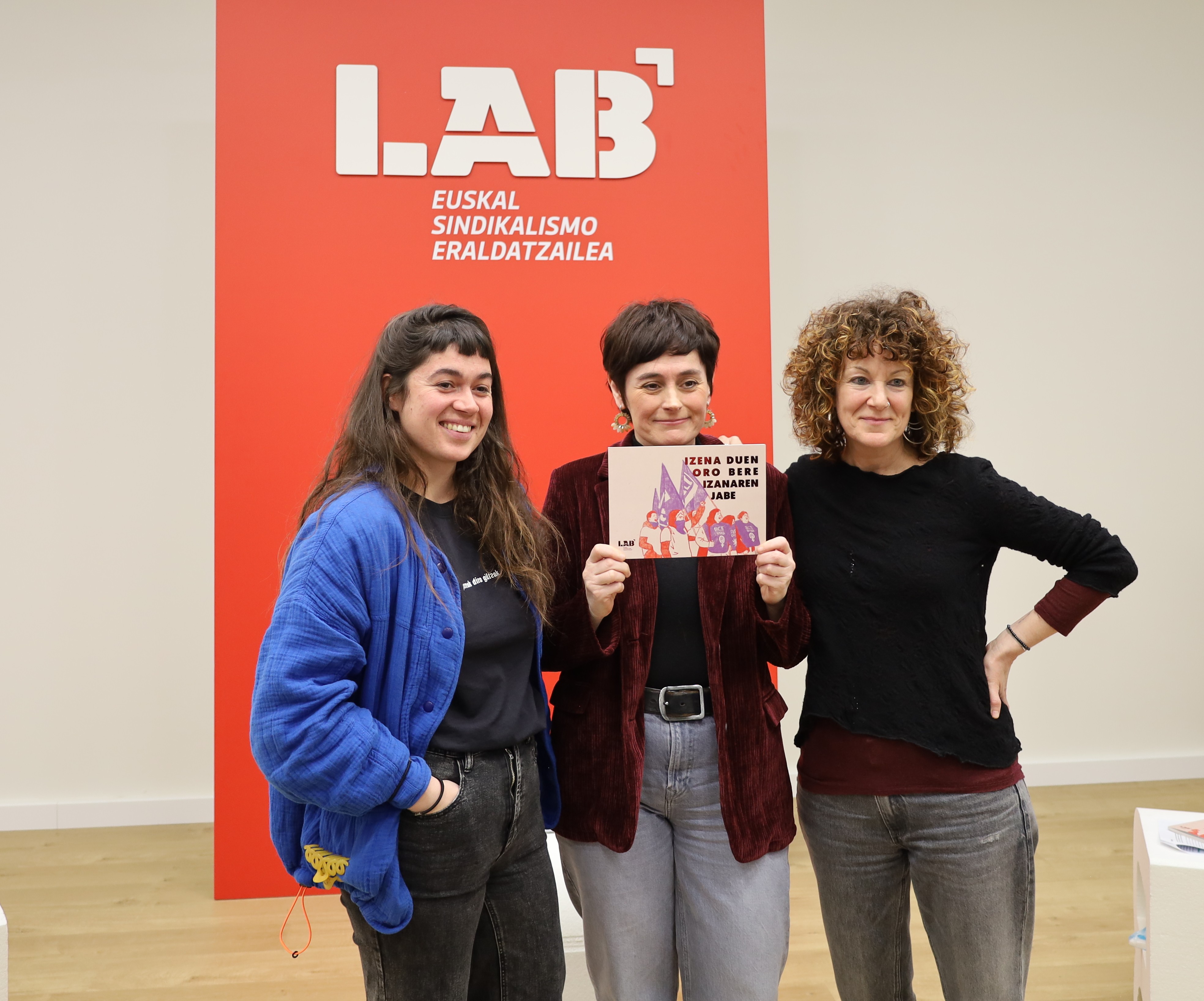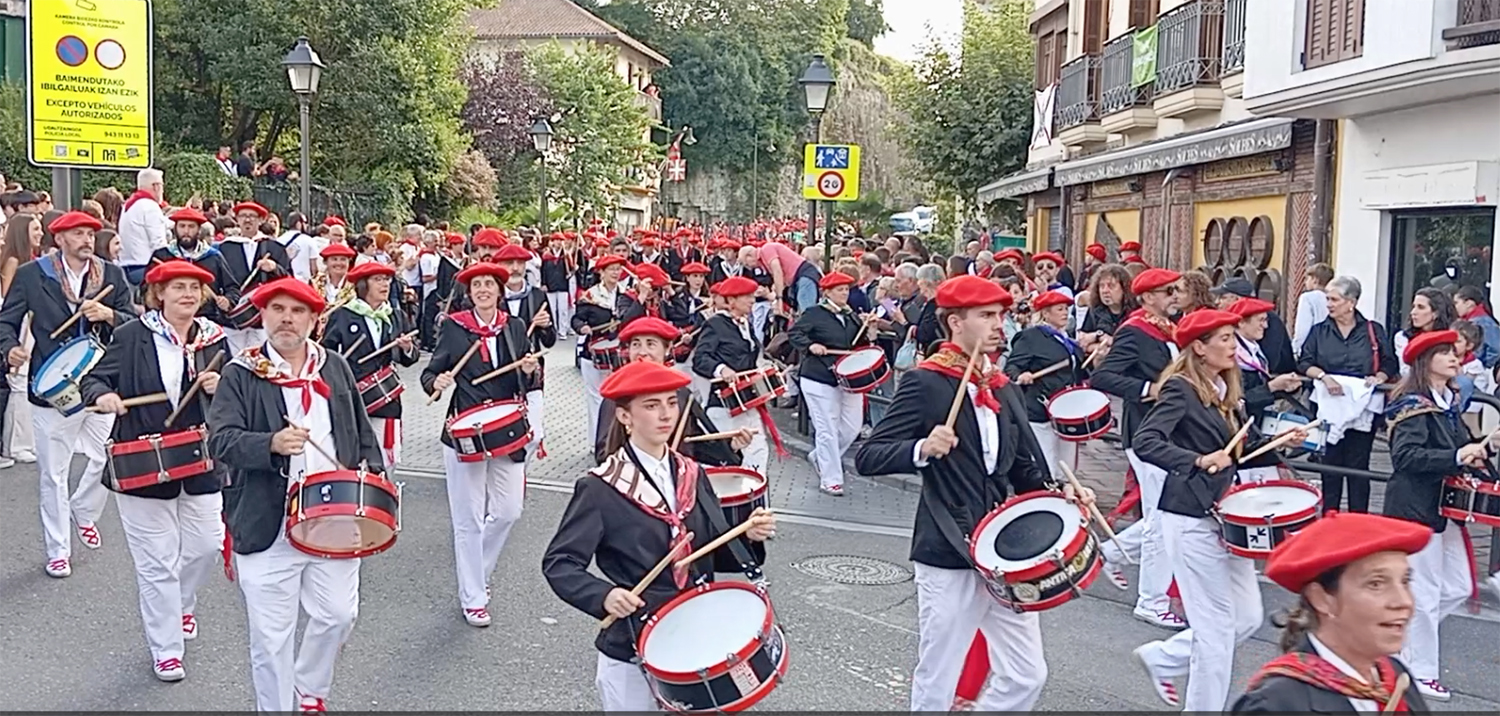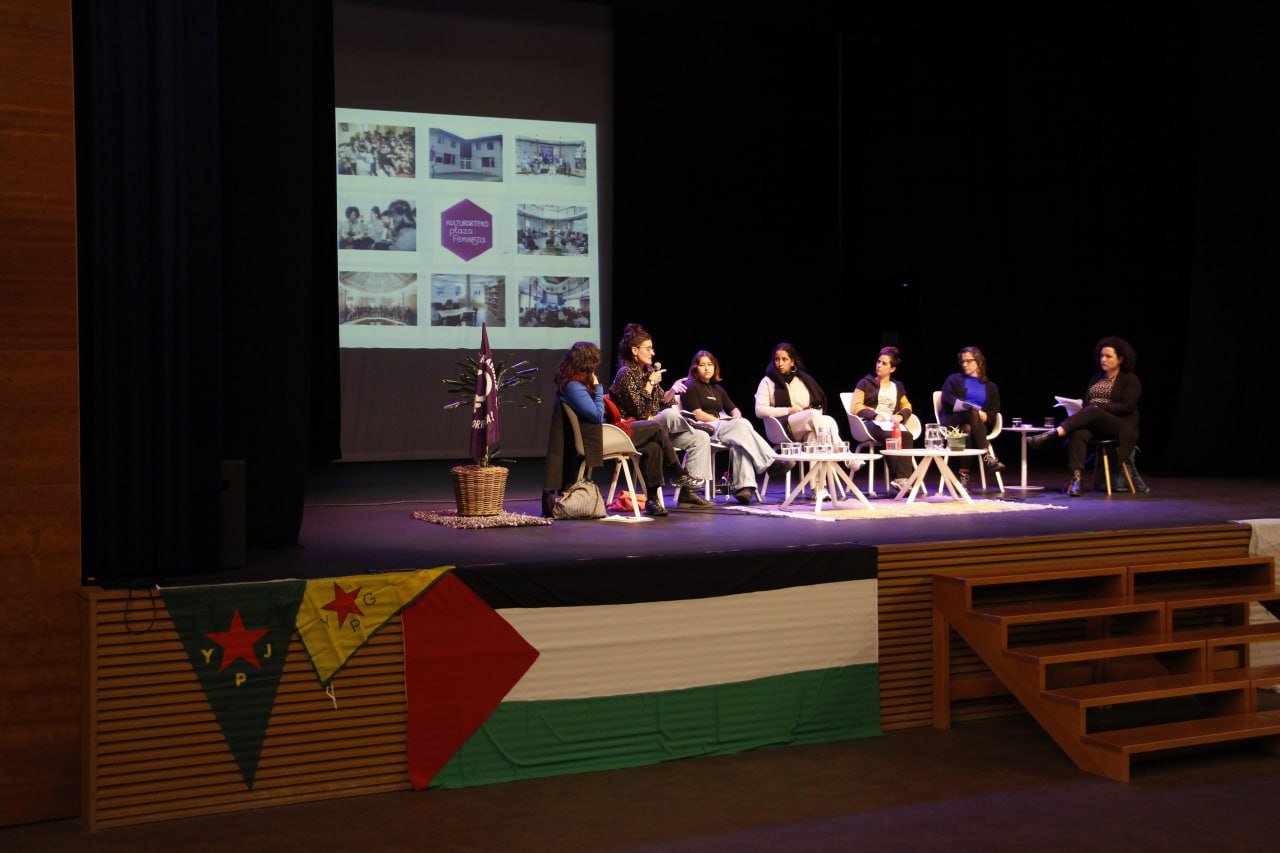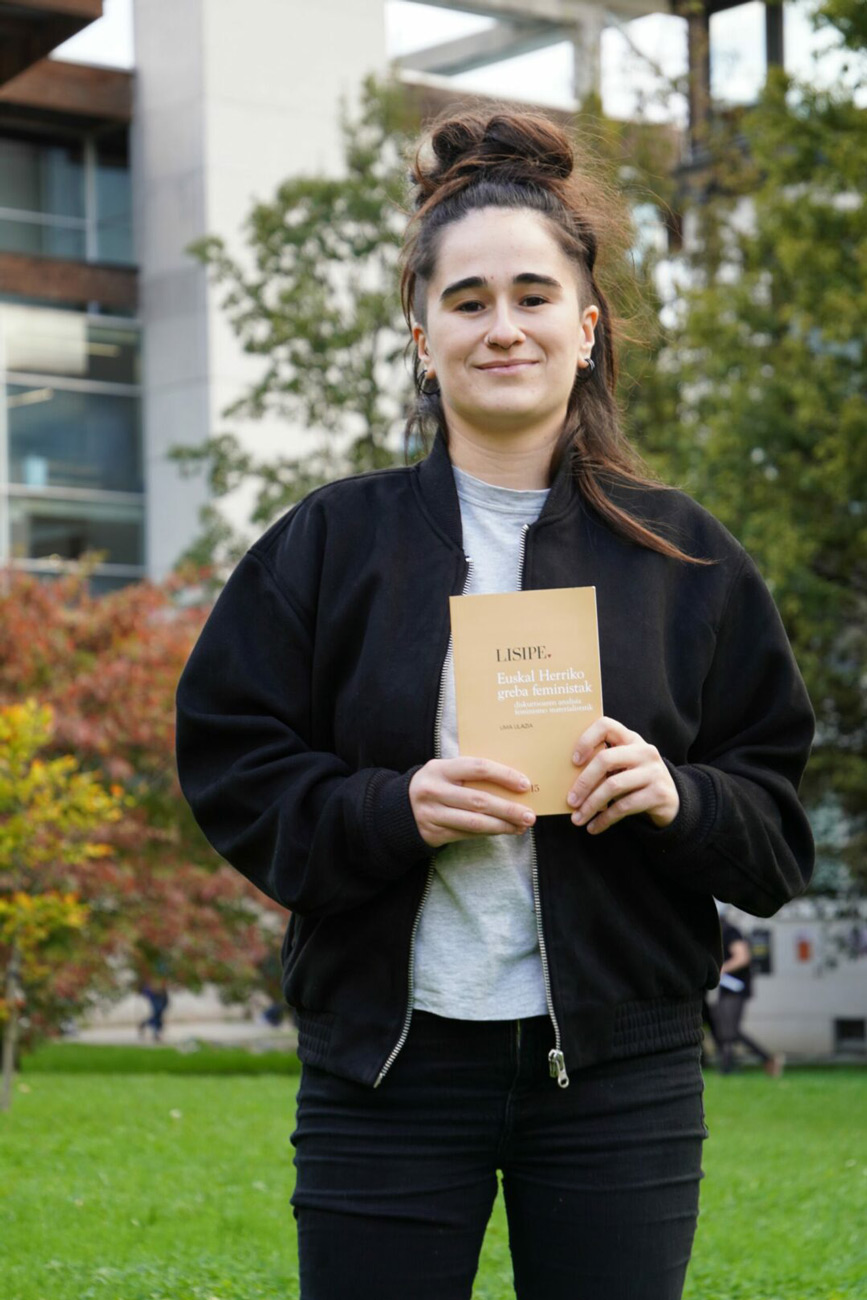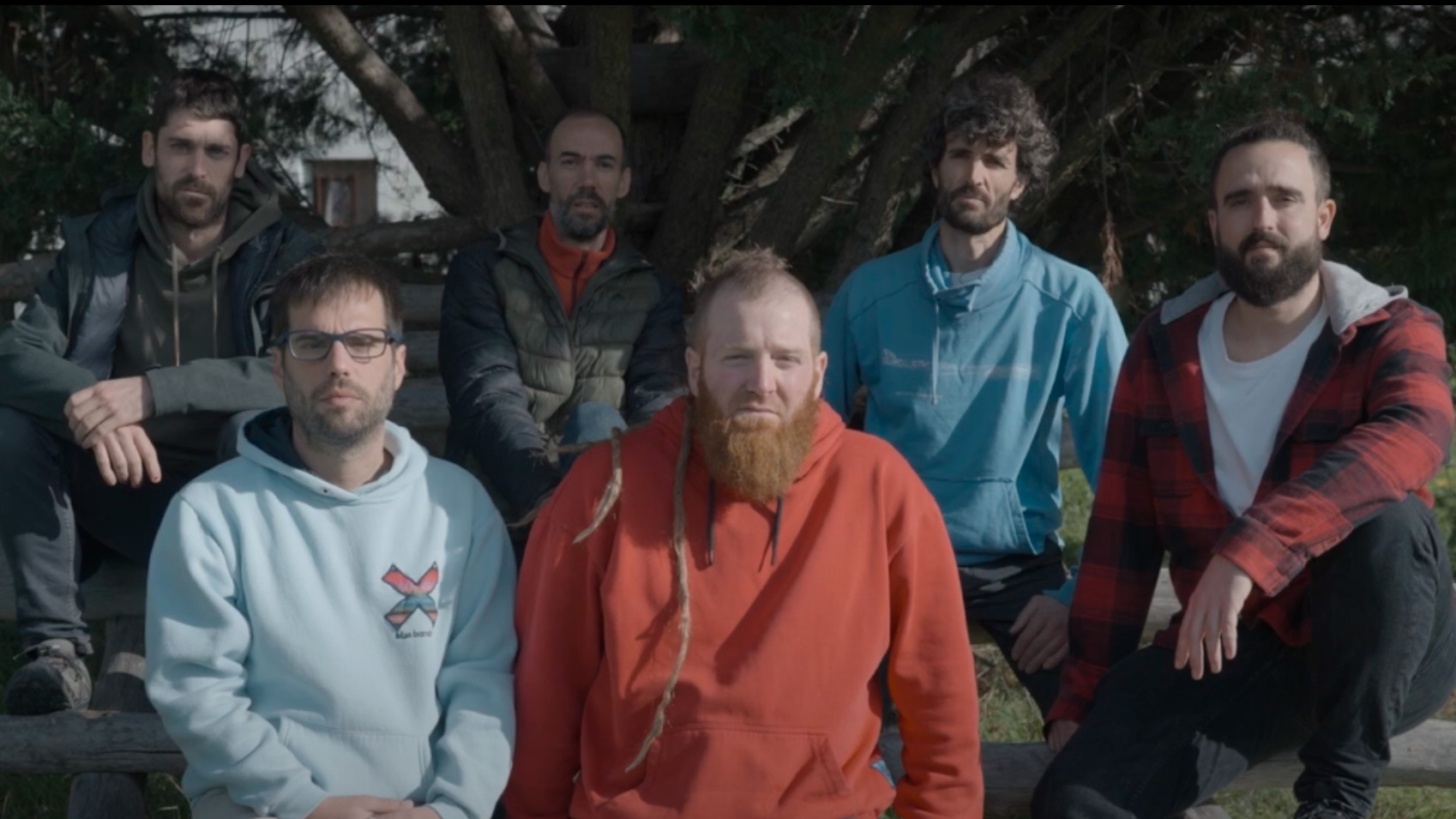I Feminist meetings in Pamplona on the history of witch hunting
- Witches, capitalism and violence against women will be the topics to be addressed in Pamplona from 22 to 24 March. The history of witch hunting will be discussed and the intention of the organisers is to create a working network in order to start organising similar activities in other towns and cities. Registration and more information here.

The meetings have been announced by the following note:
We will never know how many people were executed in the Spanish State by witchcraft, because many of the documents that collected those facts have been destroyed. However, in the light of the documents that have come to this day, we know that in a single century, between 1535-1650, more than 300 people were arrested in Euskal Herria, Catalonia and Aragon, most of them women. In addition, many of them were brutally tortured and hanged or burned alive in public. In Europe, in total, tens of thousands of people were killed.
The witch hunt, the terrible murder of women promoted by the civil powers and the Church, has so far been invisible. The well-known feminist historian and activist Silvia Federici showed in her book Caliban and the witch that witch hunting was a fundamental process in the evolution of modern times and capitalist society, which dismantled community relations and disciplined women to accept a new place in society (i.e., to make them invisible workers who produce and care for the workforce).
Today, we see that in many places where women were murdered, they are reminded through mythology and folklore, sometimes even in a funny way, and often using the iconography inherited from the persecutors. Thus, they blur the violence suffered by women and hide its historical causes. Last year we launched the campaign “For the Memory of Women Killed by Witchcraft”. Since then, different groups of women have met to read and discuss the material of witch hunt in Spain and its relationship with the current situation.
To deepen this debate and create a working network between these groups of women, we have organized this first feminist meeting on the history of witch hunting. We will do so in Pamplona, between 22 and 24 March. Therefore, if you want to dedicate part of your time, body, heart and mind to this research process, we encourage you to participate in this journey. You will then be able to organise similar activities in your towns and cities to set up the working groups that participate in this network.
Daily programme
On 22 March, Friday, the inaugural conference will be held by Silvia Federici. Admission will be free until you complete capacity (600 people).
On 23 March, Saturday, we will hold working and training sessions. The objective is to investigate the hunting of witches and the representation of their memory in the Spanish State, so it is aimed at people and groups interested in the matter. Registration (150 persons).
On Sunday, March 24, we will go to Zugarramurdi and Sara to see the museum and the caves. We will analyze the representation of the memory of the witch hunt and, taking into account the “Manifesto by the memory of the women murdered by witchcraft”, we will ask the institutions. In the coming days, we will hold a public call to participate in this departure, in which the people who sign up will be able to make the bus trip.
Registration and more information here.
This wedge that the announcement on the radio Euskadi to replace the bathtub with a shower encourages the commencement of the works in the bathroom of the house. A simple work, a small investiture and a great change are announced. There has been a shift in toilet trends and a... [+]
Zalantza asko izan ditut, meloia ireki ala ez. Ausartuko naiz, zer demontre! Aspaldian buruan dudan gogoeta jarri nahi dut mahai gainean: ez da justua erditu den emakumearen eta beste gurasoaren baimen-iraupena bera izatea. Hobeto esanda, baimen-denbora bera izanda ere, ez... [+]
Goldatz talde feministak antolatua, ortziralean, urtarrilaren 3an, Jantzari dokumentala proiektatuko dute Beralandetan (17:30ean) eta biharamunean, urtarrilaren 4an, Berako bestetako tradizioak aztergai izanen dituzte Maggie Bullen antropologoarekin leku berean (10:30).
Ander Magallon, Mikel Irure eta Xabier Jauregi Metropoli Forala saioan egon dira maskulinitate berrien inguruan mintzatzen.









